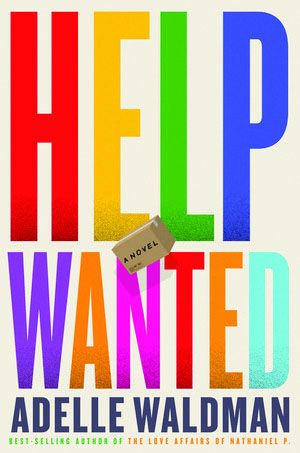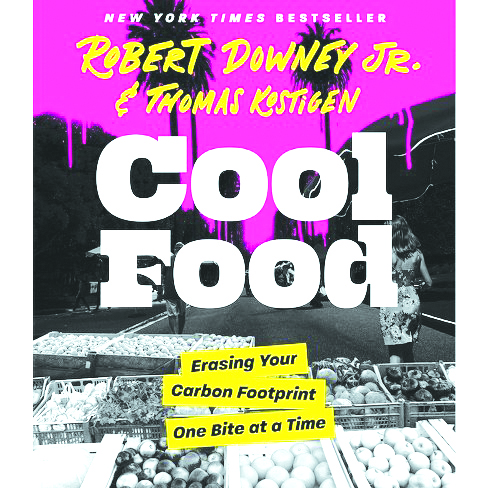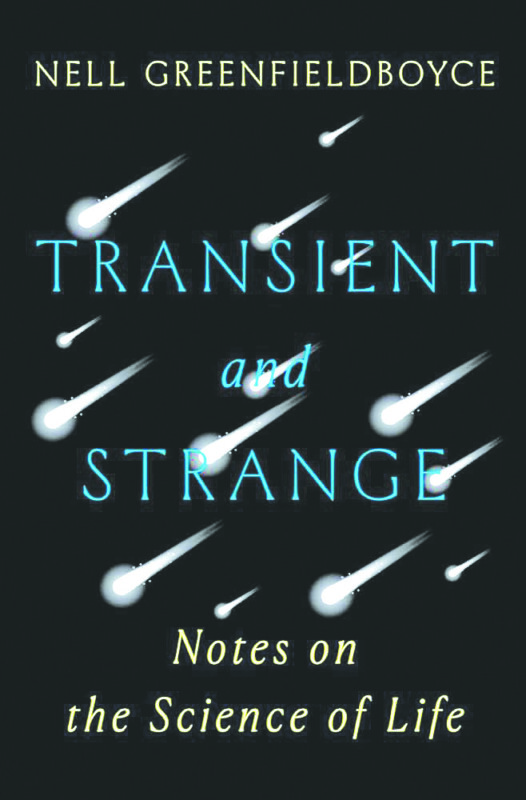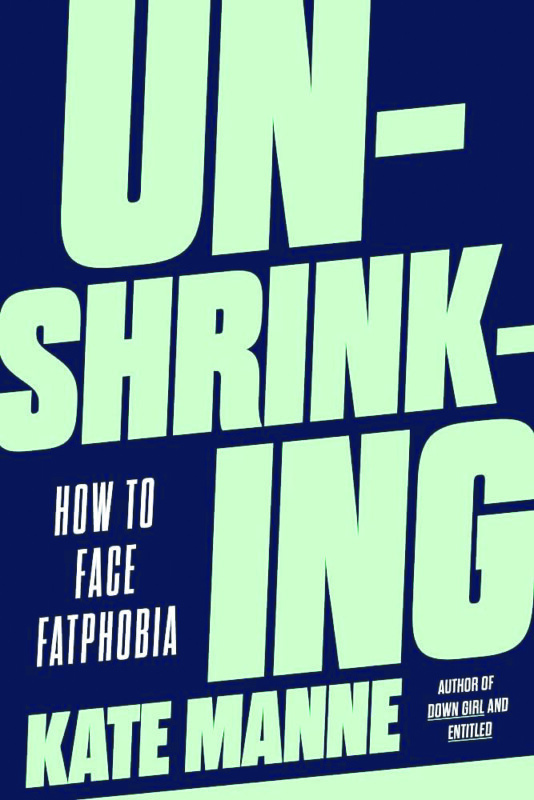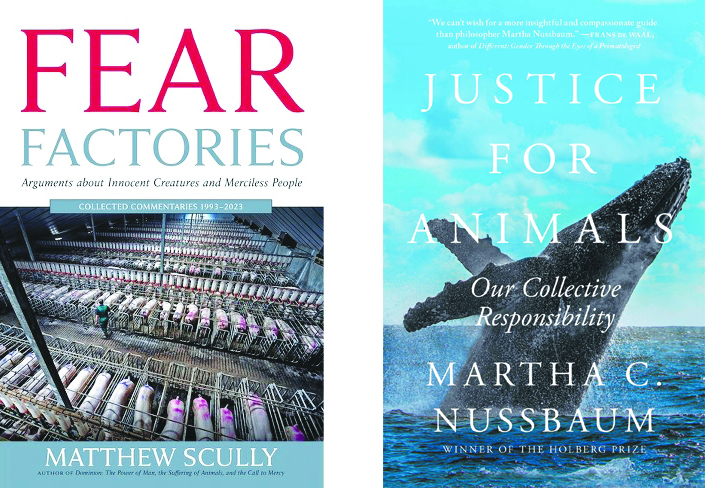Help Wanted, by Adelle Waldman (W.W. Norton, 274 pages)
When a manager in Adelle Waldman’s Help Wanted is transferred to a store in West Hartford, Connecticut, it’s a promotion and his colleagues are stunned and impressed.
Which tells you everything you need to know about Potterstown, New York, a once-thriving town that unraveled when its major employer left town, leaving behind people “who walked around with something of a shell-shocked look as if modernity itself had caught them unawares.”
For all its economic troubles, however, Potterstown still has Town Square store #1512, a big-box store full of “mass-produced knockoffs of trendy boutique-type items” that is a few steps higher on the big-box social scale than Walmart. And it is the “roaches” of Town Square — the hourly workers who come in each morning at 3:55 a.m. to stock the store, then scatter before opening time — that are the subject of Help Wanted, the latest in a genre best described as late-capitalism novels.
It is obvious from the first pages of Help Wanted that the flawed heroes of this story are the nine workers who comprise the department called “Movement,” and that their supervisor is the bad guy. “Movement” is the trendy upgraded name for the department that used to be called “Logistics” — despite concern in some quarters that it made it sound like “they worked for a yoga studio or laxative company.” At any rate, in the pecking order of Town Square employees, Movement is the department for workers who are seen as “not customer facing” or “ready for prime time” because their social skills aren’t up to par.
These protagonists include Nicole, a 23-year-old with $30 in her checking account whose main goal in life is to buy a car so she doesn’t have to drive her mom’s dented sedan, the Dingmobile; Diego, a Black man from Honduras who immigrated to the New York with his father as a teen and (whose phone is currently shut off for nonpayment), and Milo, a would-be comedian with a YouTube account dreaming of a girlfriend and a place to live that isn’t a friend’s house.
The one thing the Movement workers have in common beyond their financial misery is their dislike of their perpetually obtuse manager, Meredith, who regularly comes in late, denies leave requests and micromanages the team. And so when the store manager, Big Will, gets promoted to West Hartford, the Movement team spots a way out of their collective misery. If Meredith gets promoted to store manager, she will no longer directly supervise them. And there’s a chance that one of them will get her job.
This fills members of the team, who, like caged birds, generally dwell in a state of learned helplessness, with excitement. Each one privately is hoping that they will be the person to be promoted and get a guaranteed salary and benefits, but they know that even if that isn’t the case, their lot would improve if Meredith disappeared. So they devise a furtive plan they dub “pro-Mer” — promote Meredith — in order to make this dream happen. Meanwhile, Meredith herself is ecstatically planning for her future promotion and getting the store ship-shape before the arrival of the Town Square executives who will conduct interviews and make the decision.
One by one, we learn of the circumstances of each worker’s life, and why the promotion — which is, frankly, not one that most people would write home about — is so important to them. Unfortunately, despite these asides into the team members’ lives, Waldman’s decision to make the story about all of them requires the reader to work hard to keep up with each of nine workers’ circumstances. While these circumstances are substantively different — one has a food stamp card that has not reloaded, one was evicted, one has an unexpected medical problem that consumes the money he’d planned on using for his child’s birthday party — they are all troubled by the same core problems: lack of education, lack of money, lack of opportunity, and a business that cares more about the bottom line than about them.
Most of the workers desperately want more hours (not all, because some have multiple jobs), and the store has plenty of work that isn’t getting done, but the company is content to sacrifice even customer satisfaction so long as sales keep steadily going up. In one example of corporate deceit, Town Square posts “help wanted” signs all over the store, even though they’re not hiring — the implication being that any lack of staff on hand was a function of the tight labor market and/or a lazy populace’s unwillingness to work service jobs.
At one point, when a couple of Town Square corporate executives meet with Big Will about his replacement, they wonder about the suspiciously excellent reviews that the Movement workers give Meredith. Is it really possible that this crew, some of whom didn’t finish high school, was smart enough to have planned a sort of coup? They think not. “It’s worth remembering,” one of the executives says, “that the people who work these jobs aren’t like you and me. We’re people who value stability, who worked hard to achieve it for ourselves.”
Having been primed for sympathy and affection toward the Movement team, it is a horrible indictment, not of the workers but of the executive. Still, in crafting this group of characters, Waldman did not venture far outside the box, giving us workers who have predictable troubles, like the shut-off electricity, the tendency to drink and the kid in jail. There is a sort of monotony to their lot that does not necessarily reflect the real world. Crummy jobs are held by all sorts of people, for diverse reasons.
Although in one of her funnier lines Waldman (who does have great comic timing) says that the ethnic diversity of Movement would make the dean of a private school proud, the team is not really that diverse except in age, gender and skin color. But the main problem with this story, dedicated to “all retail workers,” is its unnecessary complexity and its persistent gloominess. The novel takes place over just six weeks, but like a never-ending workweek, it feels like 600. C

